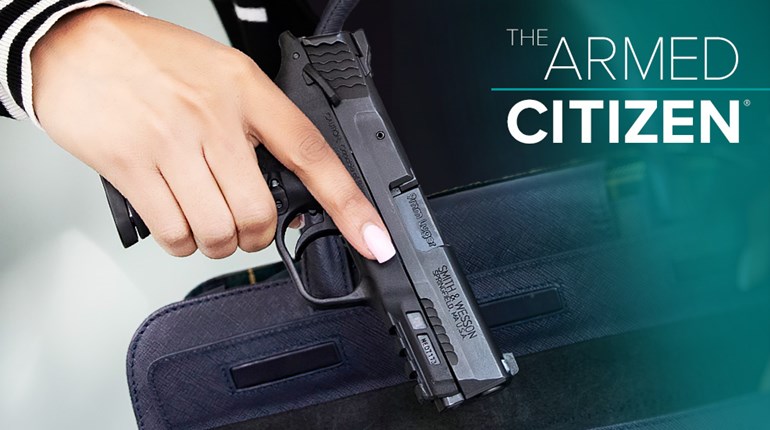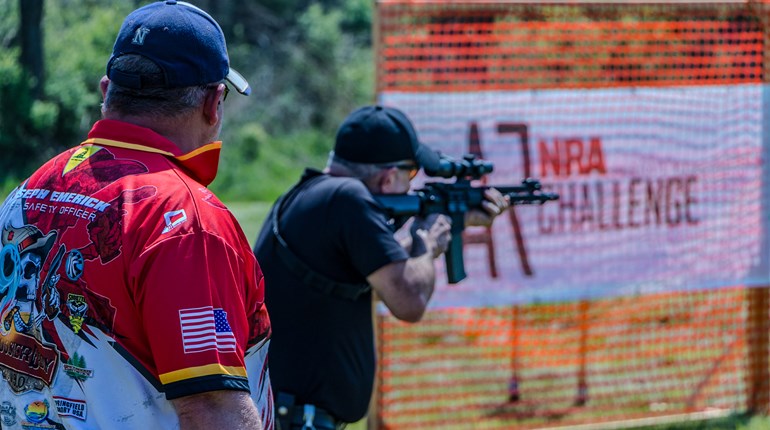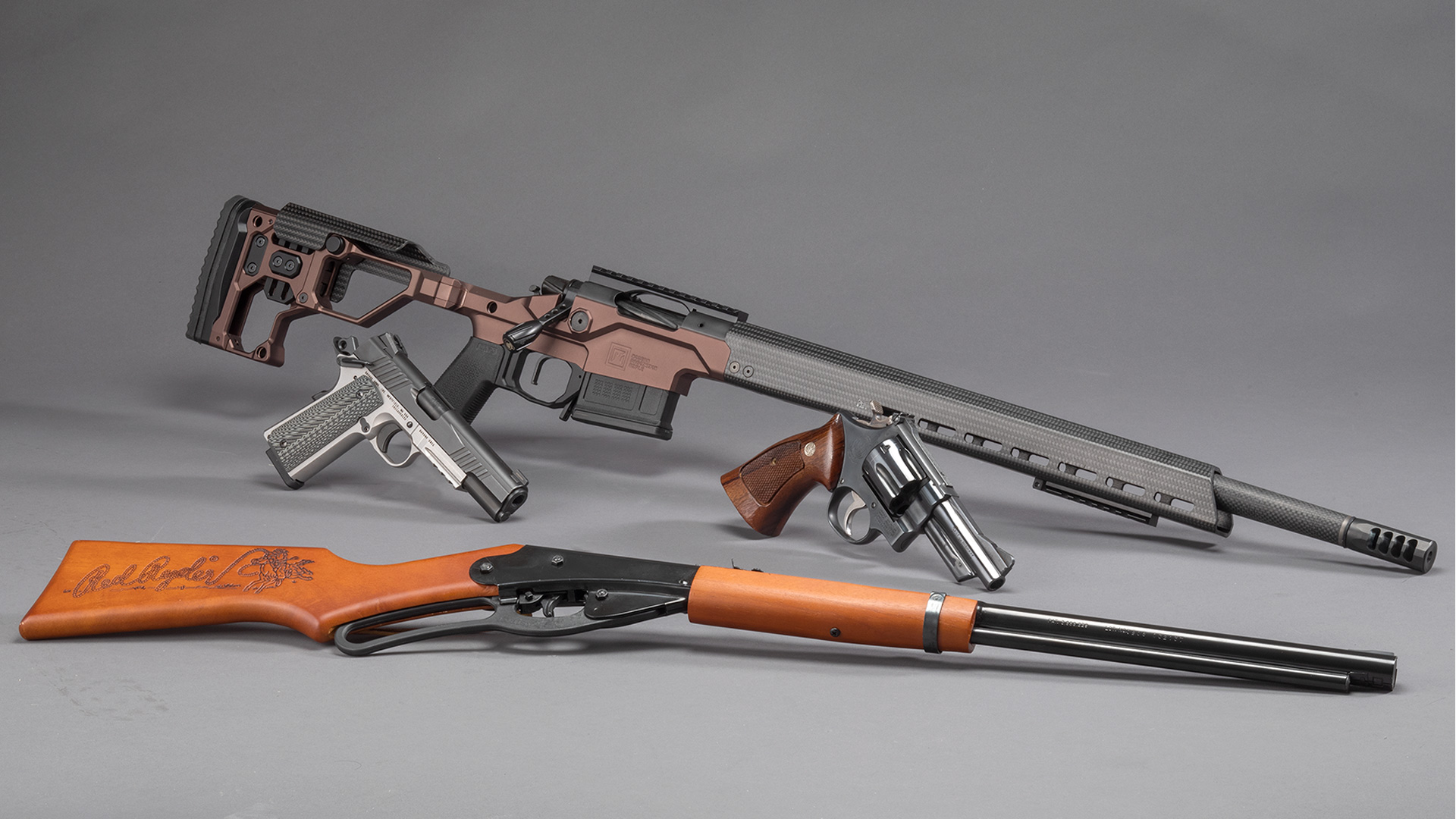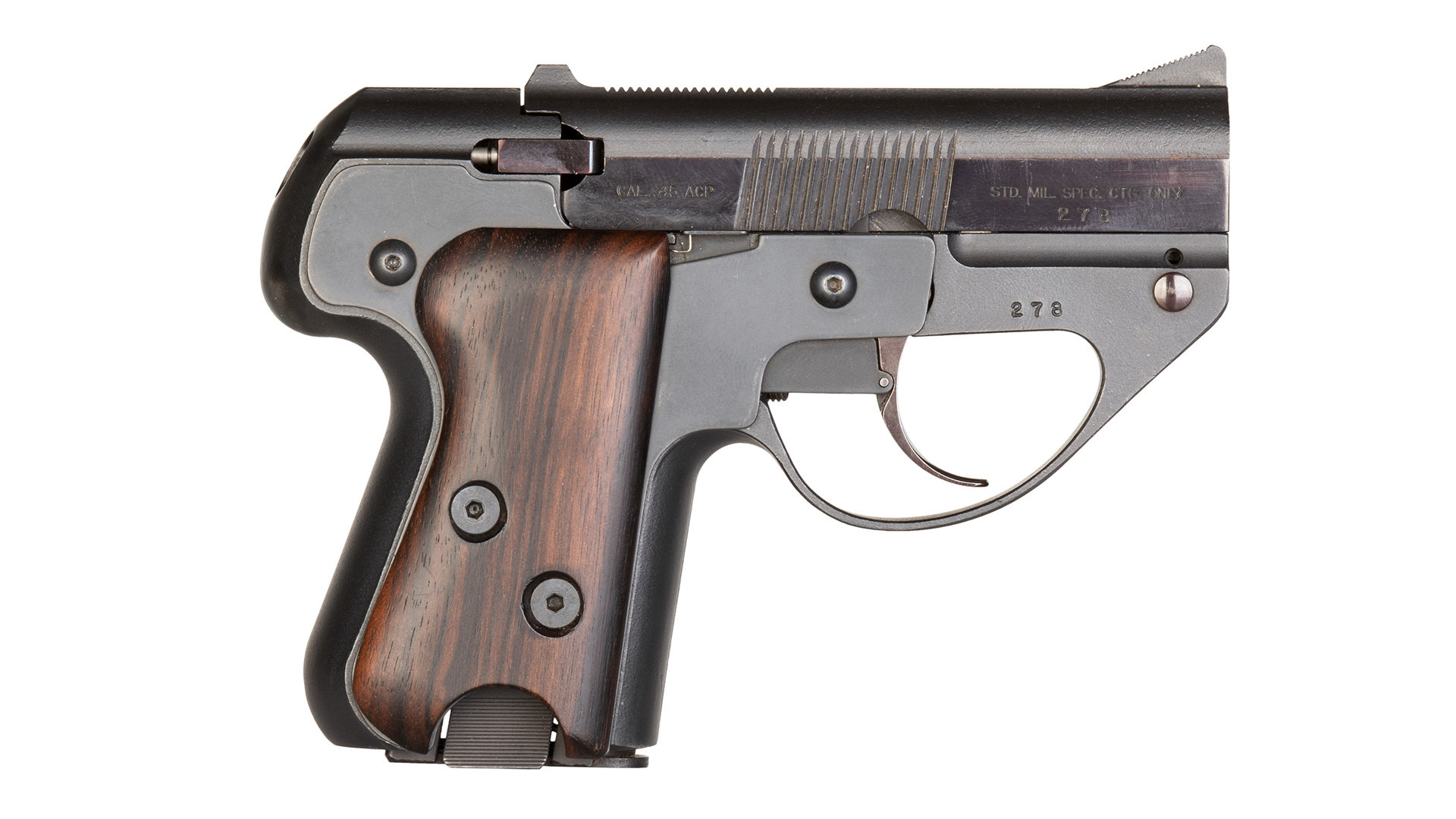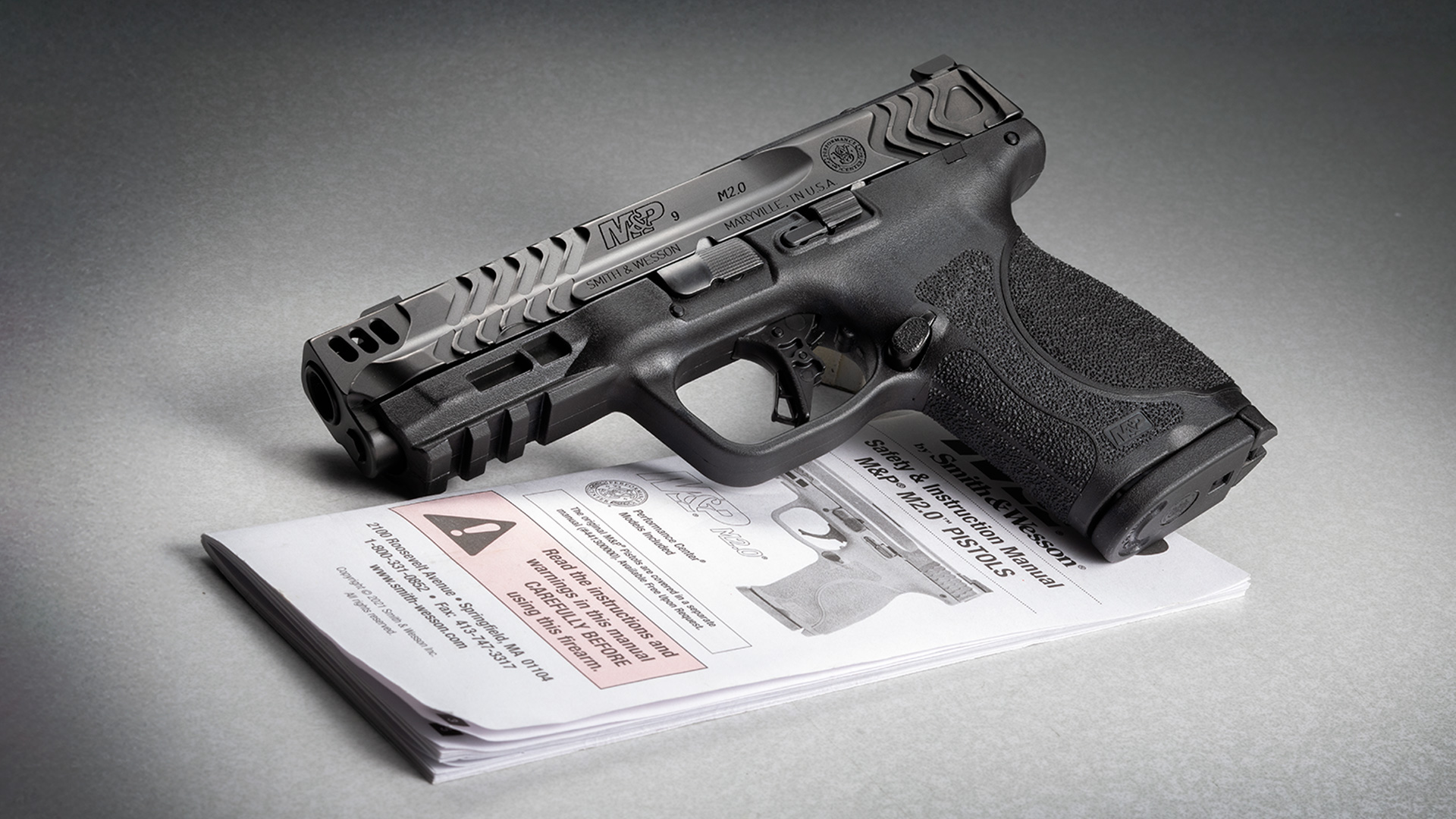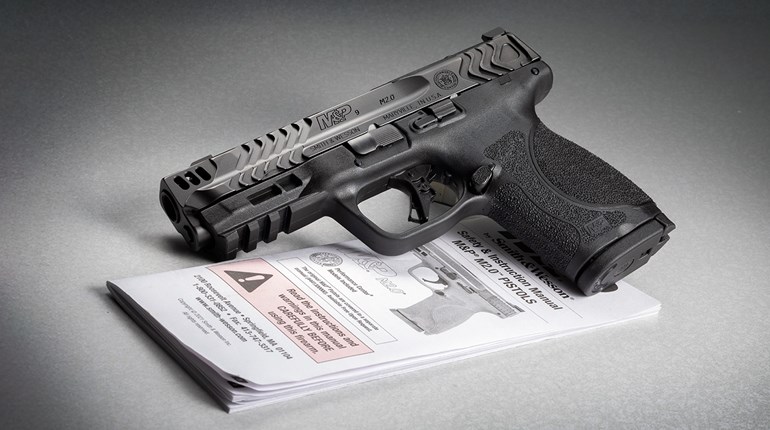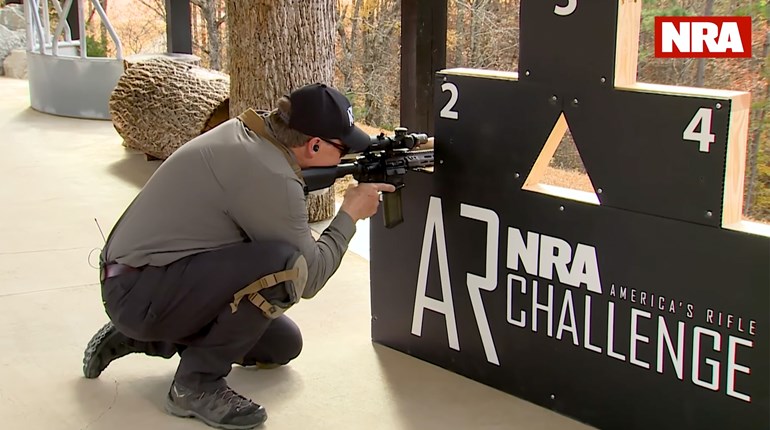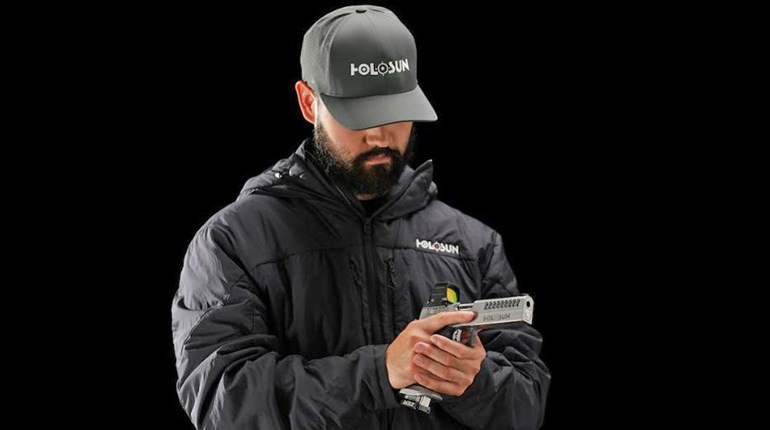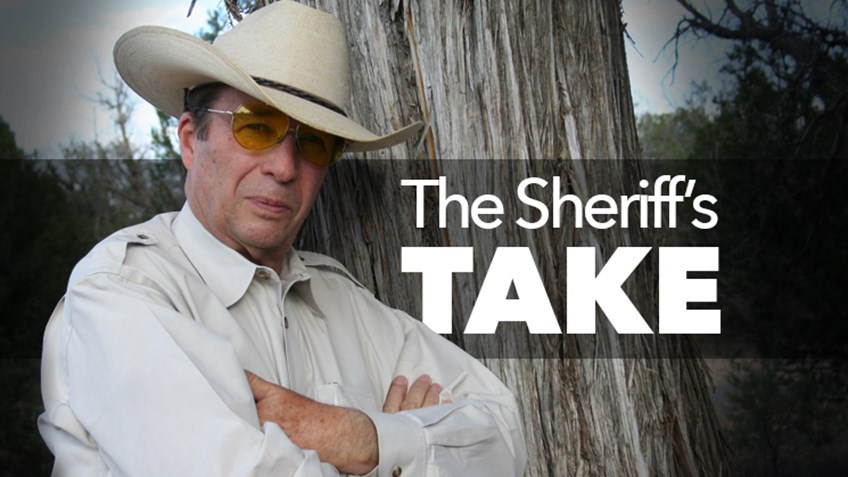
Personal defense isn’t about cool guns and gear, although we all enjoy cool guns and gear. It is, however, all about what you can do with the guns and gear when the need arises and we are forced to take action. Probably the most-overlooked aspect of defensive shooting is the fact that shooting skills are quickly diminishing skills. In this regard, it is like all other functions that require precise hand-eye coordination.
This is the reason that many of us roll our eyes when we hear some fellow proclaim that he relies upon the good training that he got in the U.S. Army back during the Vietnam War. Or we hear the old retired cop declare, “Back in the day, I did pretty well in our department’s annual firearms qualification.” The fact that I shot a 98 out of 100 on a qualification two years ago really doesn’t mean a thing. What matters in defensive shooting—for that matter, any kind of shooting—is what you can do today...on demand.
This is the reason that we put so much emphasis on getting good, regular training and then budgeting time for regular sessions to practice what we have learned. I know that professional training and regular practice are expensive propositions, but I suggest that people should decide just what their lives—and the lives of those around them—are worth. In a gunfight, there are no do-overs or alibis.
On one of my last trips to Gunsite Academy, I was impressed to see that at least four of the students were retired lawmen—some of whom knew what it was like to be shot at. In fact, there was quite a bit of gray hair in that class—lifetime shooters who obviously realized the value of regular training and practice.
I also recently taught a class on my home range that involved at least two students who suffered from arthritis. You could tell that it was painful for them to be shooting their defense guns. And, yet, they were on the range, working to learn new stuff and honing their skills. They knew that their physical situation and lack of skills were not going to be an excuse that would cause a criminal to avoid them.
I don’t care for the term muscle memory. Our muscles simply don’t have memory. I think that habit is the better word. We are able to perform a function in a certain, effective way because it has become a habit. When we practice good shooting skills regularly, they become a habit that allows us to perform effectively while focusing most of our attention on dealing with the threat.
After all these years of shooting, I try to attend at least one training class per year. With the exception of one experience, I have always learned something new or been reminded of a technique that I had forgotten.
We don’t get regular training and practice because we have to; we get it because we want to and we should. We know that, when the balloon goes up, we need to be as good as we can possibly be. So you will just have to forgive me because I keep harping on regular training and practice. You might say that it’s simply because I like to make a habit of staying alive. You should, too.













